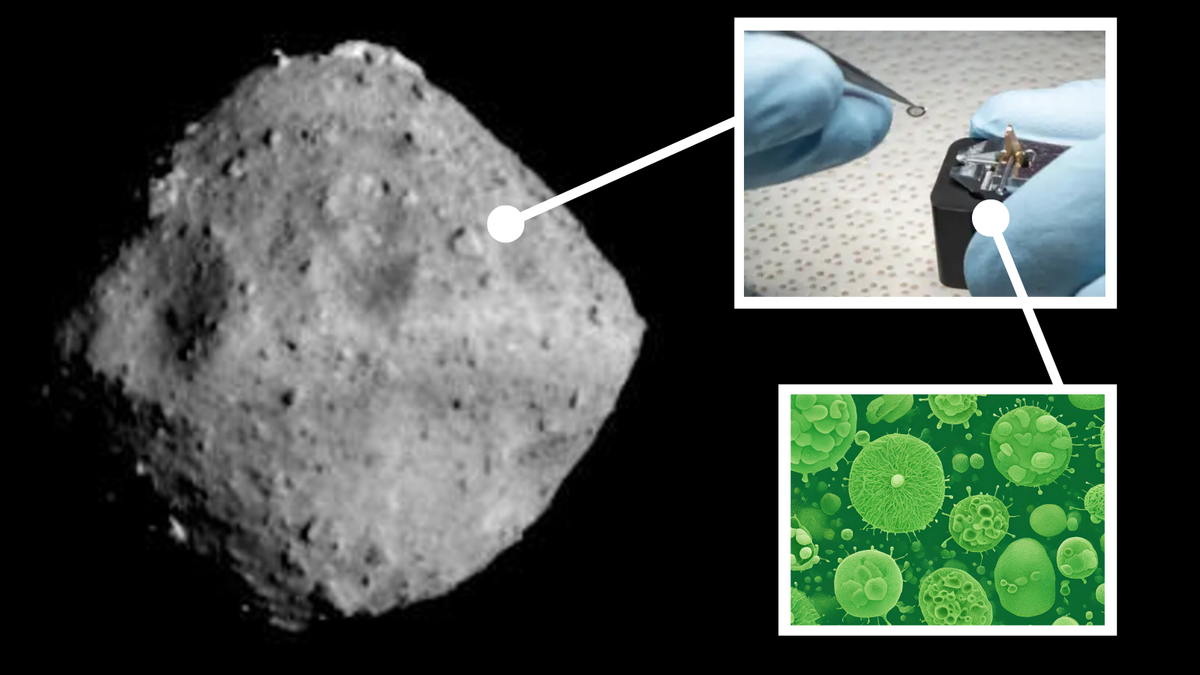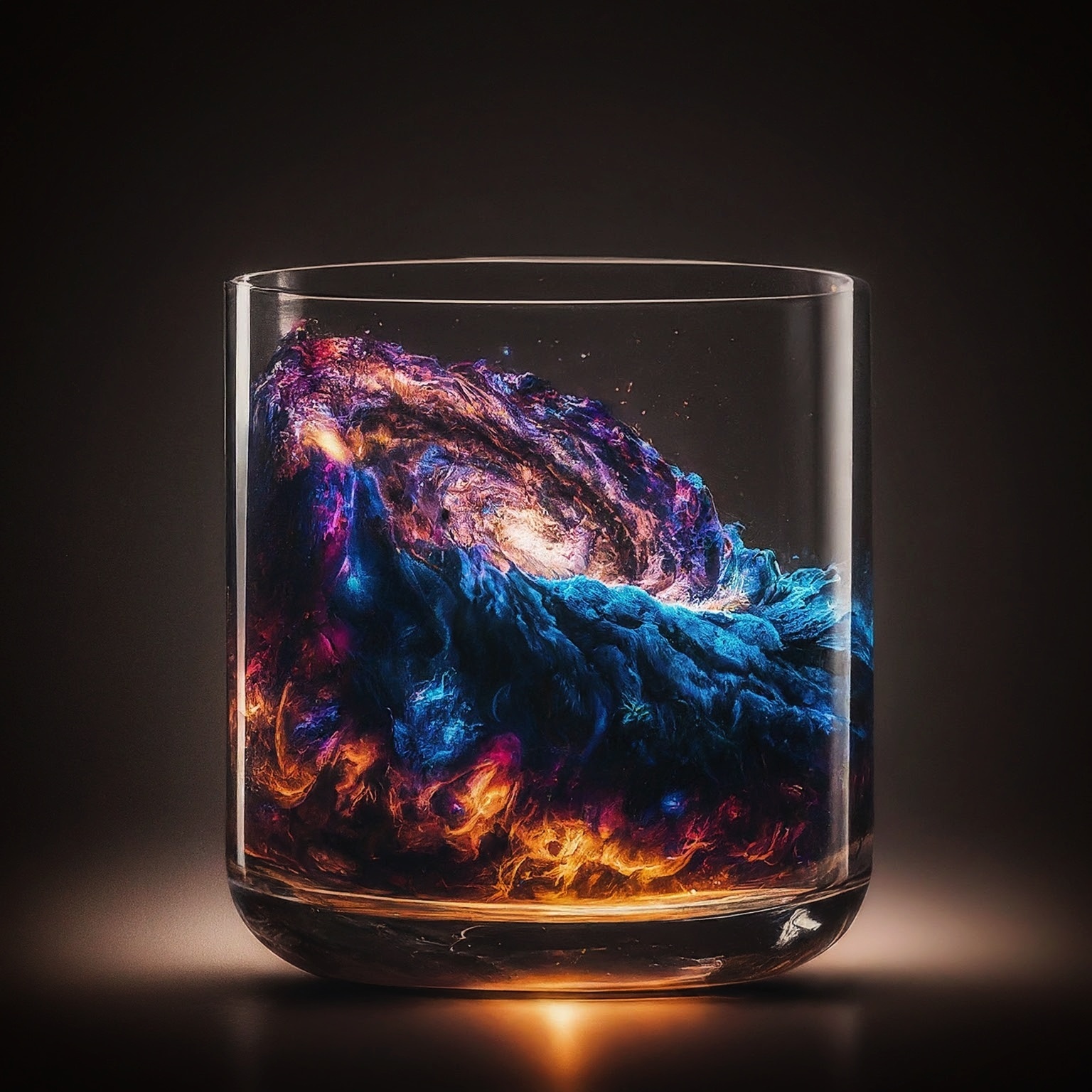- cross-posted to:
- science@lemmy.world
- cross-posted to:
- science@lemmy.world
Summary
Earth-based bacteria rapidly colonized a Ryugu asteroid sample after it was returned to Earth in 2020 by Japan’s Hayabusa2 spacecraft.
Researchers confirmed the microbes were terrestrial, appearing after exposure to Earth’s atmosphere. Within two weeks, microbial populations on the sample grew significantly.
This highlights the resilience of Earth’s microorganisms and raises concerns about contamination of extraterrestrial materials and planetary environments during space missions.
The findings emphasize the need for strict planetary protection protocols to avoid misinterpreting contamination as evidence of alien life. The study was published in Meteoritics & Planetary Science.
This does add weight to the idea that life could have been transferred from Mars to Earth billions of years ago rather than life originating on Earth.
The panspermia hypothesis goes one further and suggests that life-generating molecules originated elsewhere in the universe before finding their way to our solar system, making Mars and Earth potential cousins rather than one developing from the other.
deleted by creator
That
lastparagraph about “might be alien” is why I hate some science journalism.For you downvoters: they don’t mention the chain of custody. Speculation that these were of alien origin is plainly bad science. Downvote all you like, but the author jumped the shark for sensationalization.
Edited.
Case in point: https://www.scientificamerican.com/article/a-science-breakthrough-too-good-to-be-true-it-probably-isnt/
Wow, you weren’t kidding. The entire article is about microbes that very quickly attached to the sample, spread, and then died while examined. Then out of no where it just does the history channel “Aliens” meme.
I think you may not have scrolled far enough? The only paragraph I see that fits your description is in the middle of the article. It is unfortunately followed by a subscribe prompt which can be misinterpreted as marking the end of the article, so there’s that.
Thank you. Looks like you’re half right. It wasn’t the end of the article, but it is part of the article. It continues with:
Disappointingly, the team has successfully and conclusively ruled this out.
That’s exactly my point, yet lemmy dogpiles are ridiculous. As I mentioned in my edit, there’s no chain of custody on this sample. No evidence it was tested before exposure. Just “MIGHT BE ALIEN LIFE!”
I actually agree with you and upvoted your other comment. But I’m down voting this one too test your dogpile hypothesis.
Idk, literally the whole reason we’re looking at space rocks under a microscope is to see if there’s microbes from other planets. Those would literally be aliens. It’s one of the strongest arguments against sending humans to Mars, because we’re trying find evidence that life existed or not, and bringing bacteria to Mars would fuck it all up
?Update: Thanks for the clarification.
Because they pretend like we don’t have alien bases in the ocean?








